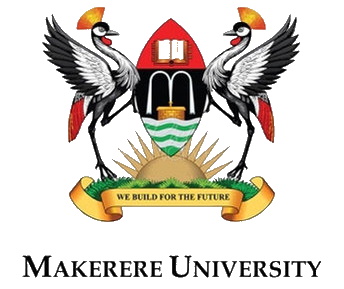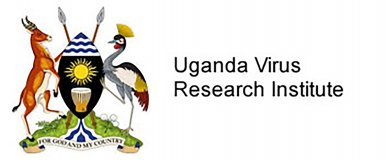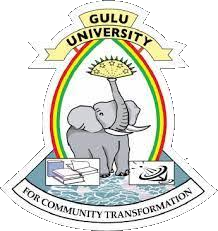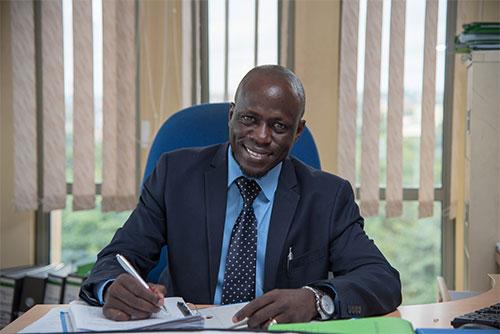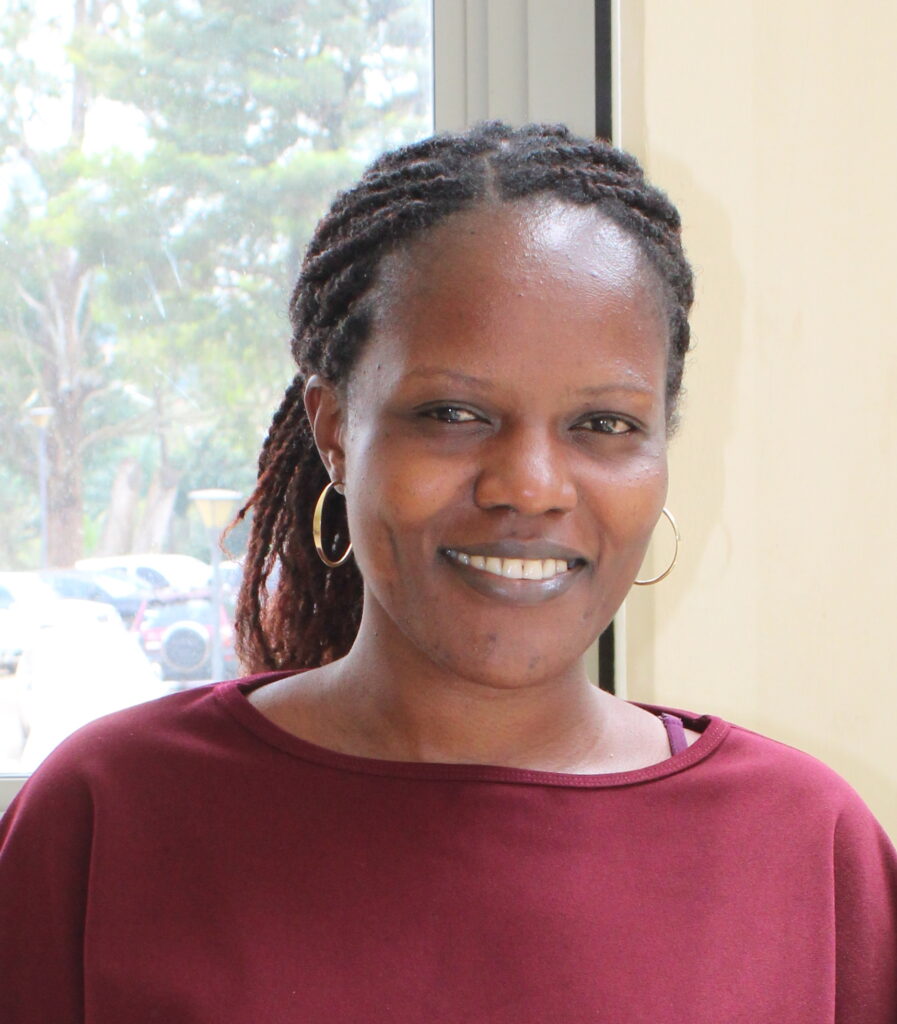SUPREME
SUPREME - HIV Prevention, Care and Treatment (PCT) in military settings
Supporting Research and Evidence-based implementation through Mentorship, learning and dissemination
SUPREME Project’s objective is to systematically support the collation and documentation of DHAPP programmatic approaches, implementation experience and achievements through routine data collection, analysis and dissemination of key findings. These data will generate an evidence base to inform current and future programming approaches. The documentation will be disseminated through various fora including routine program performance reports, highlight of success stories, peer reviewed journals, scientific conferences, seminars and webinars.
The SUPREME team is supporting the systematic documentation of program learning in Phase 3 and 4, following training and capacity building for DHAPP program staff in in scientific writing, identifying areas and topics for documentation, developing abstracts and manuscript outlines and actual presentation in high profile regional and global conferences -ICASA and IAS respectively. In Phase 1 and 2 the SUPREME team provided technical support in conceptualization, data mining, writing, and dissemination of program experiences with intention to fill the glaring information gap in HIVAIDS programing within the military population.
- CHUSS Conference Presentation REFLECT-ALERTs
- Capt. Solomon Kandole Command Driven Appproach in Military HIV Programming
- Col.Cassette Wamundu DSDM in Uganda’s Military HIV Programme
- Dr Rogers Besigye TB Contact Tracing ECTMIH
IAS 2020: 23rd International AIDS Conference (AIDS 2020), 6-10 July 2020
- Compliance with infection control procedures in military HIV/AIDS clinics in Uganda
- Implementing a “Low Dose High Frequency” capacity building approach for HIV service delivery in Uganda’s military health facilities (PDE0403)
- Factors associated with viral non-suppression after enhanced adherence counselling among patients with persistently elevated viral loads in military ART clinics in Uganda(PPE 1589)
- Accelerated scale up of VMMC within military health services in Uganda: The race towards 2020 HIV epidemic control
- Improving uptake of Isoniazid Preventive Therapy among PLHIV in communities served by military health facilities in Uganda
- Implementation experiences from improving OVC health outcomes in communities served by military health facilities in Uganda
ICASA 2019: 20th International Conference on AIDS and STIs in Africa, 2-7 Dec 2019
Others
- “Command Driven”: Improving HIV service delivery using a military leadership approach
- Differentiated care to reach the last troop (DSDM) with HIV services: the Ugandan military experience
- Where are the TB patients? Reflections from low yield of Tuberculosis contact investigation in a Ugandan military health setting
- Differences in VMMC-related adverse events between military and civilian health facilities in Uganda
- Tracking VMMC-related Adverse Events in Ugandan military health facilities
- Implementation of Early Infant Diagnosis for HIV: Experiences from the Ugandan military PMTCT program
- Using the “granular” approach in programming to improve linkage to care among newly diagnosed PLHIV in Ugandan military health facilities
- Data strengthening to track retention of mobile populations in HIV care: Experiences from military health facilities in Uganda
- Strengthening Laboratory Management Towards Accreditation (SLMTA): Implementation experience from Uganda military laboratories
- Implementing a “Low Dose High Frequency” capacity-building approach and its effect on HIV service delivery in Uganda’s military health facilities
- Differences in VMMC-related adverse events between military and civilian health facilities in Uganda
- Tracking VMMC-related Adverse Events in Ugandan military health facilities
- Implementation of Early Infant Diagnosis for HIV: Experiences from the Ugandan military PMTCT program
- Using the “granular” approach in programming to improve linkage to care among newly diagnosed PLHIV in Ugandan military health facilities
- Data strengthening to track retention of mobile populations in HIV care: Experiences from military health facilities in Uganda
- Strengthening Laboratory Management Towards Accreditation (SLMTA): Implementation experience from Uganda military laboratories
- Implementing a “Low Dose High Frequency” capacity-building approach and its effect on HIV service delivery in Uganda’s military health facilities
- Adapting “MOVE” to accelerate VMMC coverage for HIV prevention in priority populations: Implementation experiences from Uganda’s military
- HIV viral load suppression following intensive adherence counselling among people living with HIV on treatment at military-managed health facilities in Uganda
- Trends in uptake of early infant diagnosis for HIV: implementation results of the Ugandan military PMTCT program
- Differences in adverse events (AE) related to voluntary male medical circumcision (VMMC) between civilian and military health facilities in Uganda
- Adapting “MOVE” to accelerate VMMC coverage for HIV prevention in Uganda’s military settings
- Tetanus Adverse Event in a pre-circumcision immunised male from Uganda: A case report
- Accelerated scale up of Voluntary Medical Male Circumcision within the military health services in Uganda: The race towards 2020 HIV epidemic control
The Department of Defense HIV/AIDS Prevention Program (DHAPP) implemented by the University Research Co., LLC (URC) with funding from PEPFAR through the US Department of Defense (DoD) officially commenced in October 2018. The URC-DHAPP provides technical assistance to the Uganda People’s Defense Forces (UPDF) through its HIV/AIDS Directorate and has, since October 2018, has been supporting 28 ART accredited military facilities to aggressively scale up the 90-90-90 targets of HIV epidemic control. The DHAPP approach promotes learning and adaptation of implementation experience of HIV programming within Ugandan military settings.
SUPREME Project’s objective is to systematically support the collation and documentation of DHAPP programmatic approaches, implementation experience and achievements through routine data collection, analysis and dissemination of key findings. These data will generate an evidence base to inform current and future programming approaches. The documentation will be disseminated through various fora including routine program performance reports, highlight of success stories, peer reviewed journals, scientific conferences, seminars and webinars.
The SUPREME team is supporting the systematic documentation of program learning in Phase 3 and 4, following training and capacity building for DHAPP program staff in in scientific writing, identifying areas and topics for documentation, developing abstracts and manuscript outlines and actual presentation in high profile regional and global conferences -ICASA and IAS respectively. In Phase 1 and 2 the SUPREME team provided technical support in conceptualization, data mining, writing, and dissemination of program experiences with intention to fill the glaring information gap in HIVAIDS programing within the military population.
A large number of dissemination and learning outputs are currently being developed – supported by the SUPREME team, led by program staff from both URC-DHAPP and UPDF. The products cover a wide range of thematic areas in HIV/AIDS prevention, care and treatment (PCT) including: Using the “granular” approach to improve linkage to care; Voluntary Medical Male Circumcision (VMMC) experiences – including adverse events and military/local adaptation of the ‘MOVE’ model; TB, Early Infant Diagnosis (EID), orphans and vulnerable children (OVC), Improving Isoniazid Preventive Therapy (IPT) uptake, Viral Load Suppression (VLS), strengthening laboratory services (SLMTA), compliance to infection control, keeping and using quality data, dynamics of stock management, Loss to Follow up (LTFU), Differentiated care to reaching the last troop (DSDM), Using the low dose high frequency (LDHF) approach to healthworker capacity building at the frontline and showcasing novel approaches like how the military has leveraged its “Command Driven” military approach to improve HIV service delivery and related outcomes.
Timelines: 2019 – 2021
Geographical Coverage: 28 ART accredited military health facilities in Uganda.
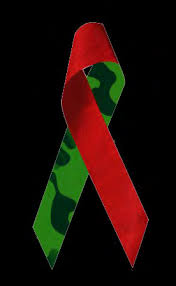
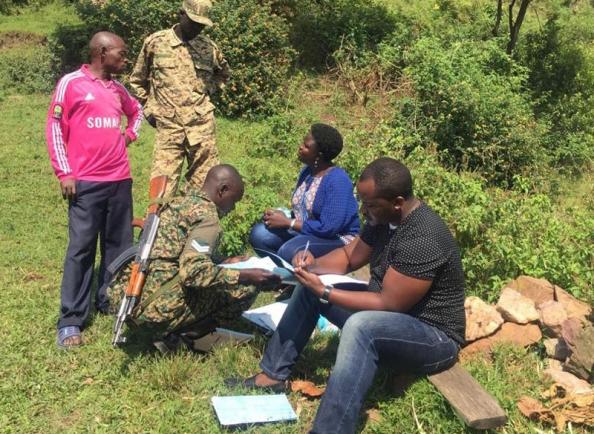
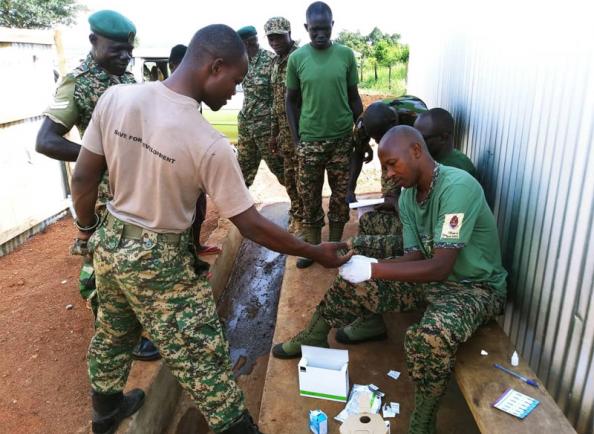

About the Team
- 1. Dr Gloria Seruwagi - Team Lead | Makerere University
- 2. Prof. Stephen Lawoko - Consultant
- 3. Alfred Nuamanya - Consultant
- 4. Dr Bernard Kikaire - Consultant
- 5.Dr Hadijah Mwenyango – Consultant
- 6. Dr Agnes Kiragga - Consultant
- 7. Francis Kinuthia Kariuki - Project Coordinator

